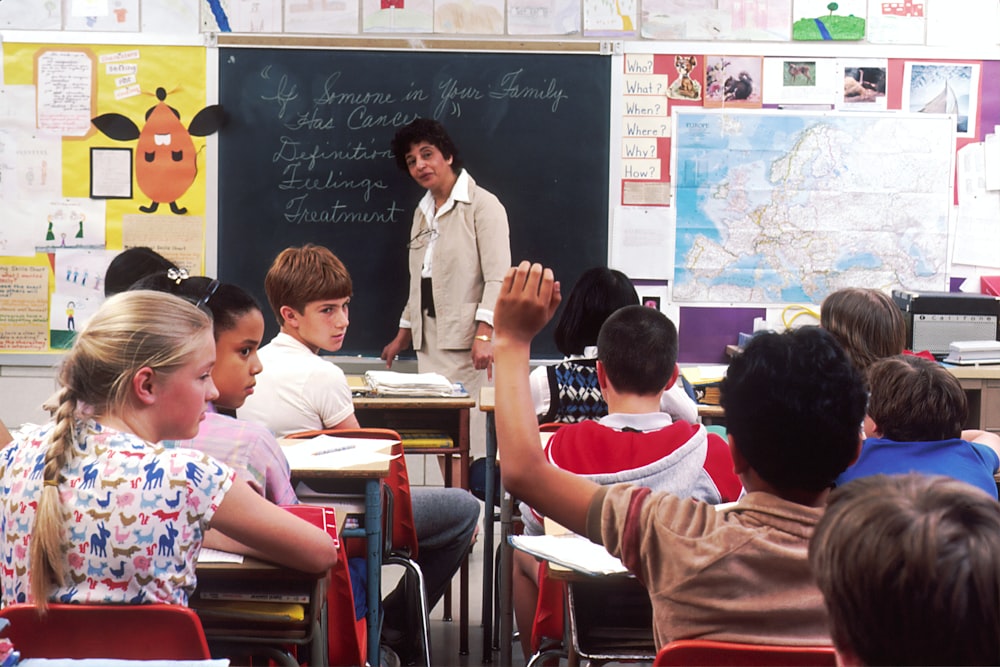The Importance of Play in Social Skills Development | Children's Growth Guide
The Importance of Play in Social Skills Development

From children stories to imaginative games, play is the cornerstone of childhood development. But beyond fun and laughter, play serves a critical role in shaping social skills, emotional intelligence, and cognitive growth. In this guide, we’ll explore how play—whether through bedtime stories, group activities, or adventure stories—helps children navigate social interactions and build lifelong skills.
Why Play Matters for Social Development
Play is a child’s first classroom. Through interactive stories, role-playing, and collaborative games, children learn to:
- Communicate effectively by negotiating roles in pretend play.
- Develop empathy through moral stories and character-driven fables.
- Resolve conflicts by navigating rules in group games.

The Role of Storytelling in Social Learning
Kids stories, especially fairy tales and educational stories, act as social simulators. When children hear about the kindness of Cinderella or the bravery in classic tales, they internalize these values. Picture books with vibrant illustrations further reinforce emotional cues like facial expressions and body language.
Types of Play That Boost Social Skills
1. Cooperative Play
Team-based activities (e.g., building blocks or fantasy stories reenactments) teach sharing and turn-taking.

2. Pretend Play
Whether acting out magical stories or animal stories, children experiment with social roles and perspectives.
3. Guided Play with Stories
Bedtime stories and storytime sessions with questions like, "How would you help the character?" foster critical thinking.

How to Encourage Social Play
- Use magical bedtime stories to discuss emotions and choices.
- Provide toys that encourage group interaction (e.g., puppets for imaginative stories).
- Organize playdates with preschool stories or nursery rhymes as themes.

Conclusion: Play as a Foundation for Life
Play isn’t just fun—it’s how children learn to connect. By integrating short stories for kids, group games, and heartwarming tales into daily routines, parents and educators can nurture socially confident individuals.
Call to Action: Explore our collection of interactive and educational stories designed to spark creativity and social growth!
Related Articles:
- How Fairy Tales Teach Problem-Solving
- The Power of Picture Books in Early Education
- Creating Fun Stories for Kids with Moral Lessons